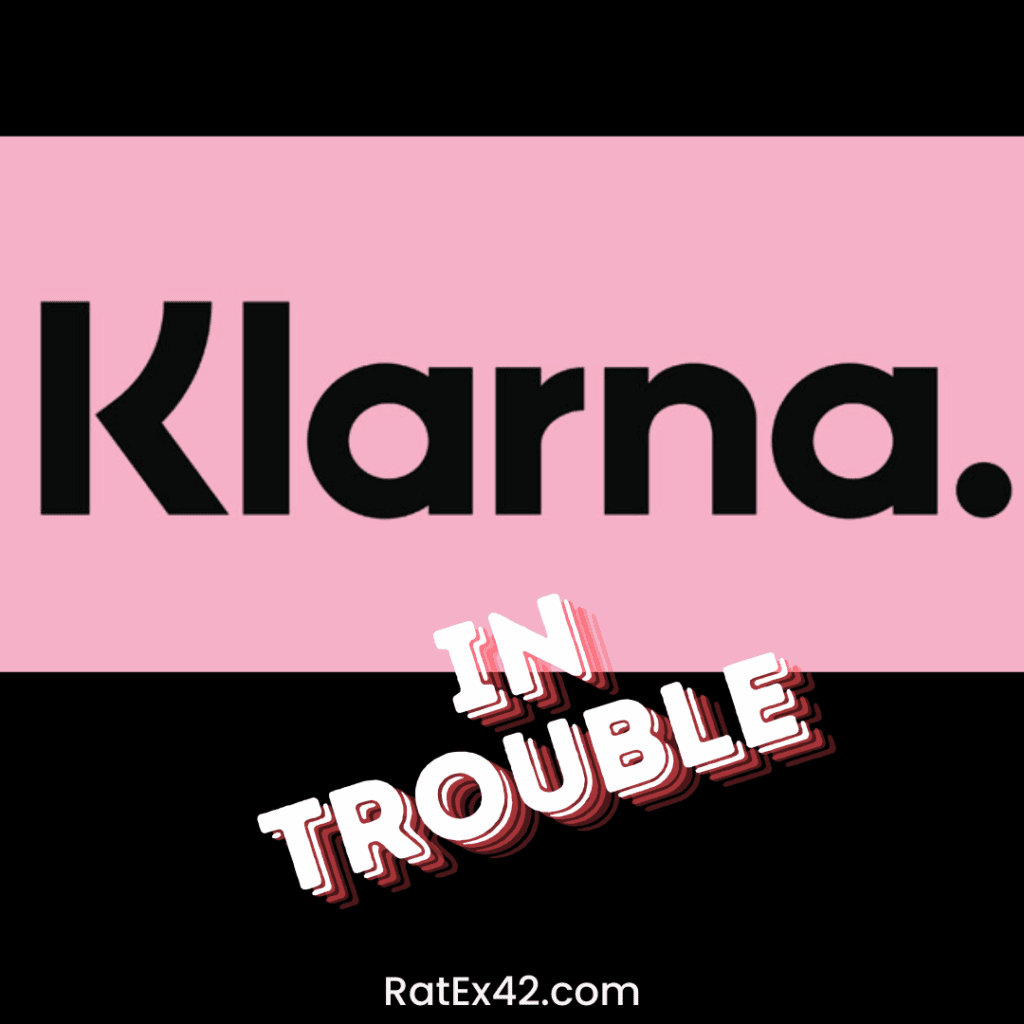
Klarna, one of Europe’s biggest fintech companies, is facing serious allegations in Norway. The Swedish company has been formally reported by the Norwegian Consumer Council for violating advertising laws related to credit purchases — particularly its popular “Buy Now, Pay Later” model.
🔎 What Klarna Is Being Accused Of
At the core of the complaint is Klarna’s failure to clearly disclose the financial consequences of delaying payments. According to Norwegian law, all ads promoting credit must include:
- An example scenario showing total costs
- The interest rate (APR)
- Any additional fees or charges
However, Klarna’s marketing — both online and on physical posters in Norwegian stores — reportedly omits these mandatory disclosures. This, the Consumer Council argues, misleads consumers into thinking that delaying payment is risk-free or cost-neutral.
🔔 Key Point: The law is meant to prevent consumers from taking on debt without understanding the full picture — something Klarna is allegedly bypassing through its sleek, minimalist advertising.
🗣 Klarna’s Reaction
Klarna confirmed it has received the complaint but is not commenting in detail. In a written statement, the company emphasized:
“We take regulatory requirements seriously and will adjust our practices if necessary to remain compliant.”
So far, no admission of wrongdoing — but Klarna appears to be preparing for potential changes if authorities demand them.
📚 Background: Not Their First Rodeo
This is not the first time Klarna has come under fire in Norway. In 2024, the Norwegian Financial Supervisory Authority ruled that “Buy Now, Pay Later” offers should legally be treated as credit agreements. As a result, Klarna was forced to introduce credit checks for customers who wanted to postpone payment.
This move led to backlash — and even a drop in Klarna usage among some Norwegian consumers.
🎯 Why This Matters
The complaint highlights a growing concern across Europe: that “Buy Now, Pay Later” models — while convenient — can be a gateway to hidden debt when not properly regulated.
For Klarna, which is already under pressure from competitors and tightening fintech regulations, Norway’s scrutiny could be a warning sign of broader regulatory clampdowns across Europe.
